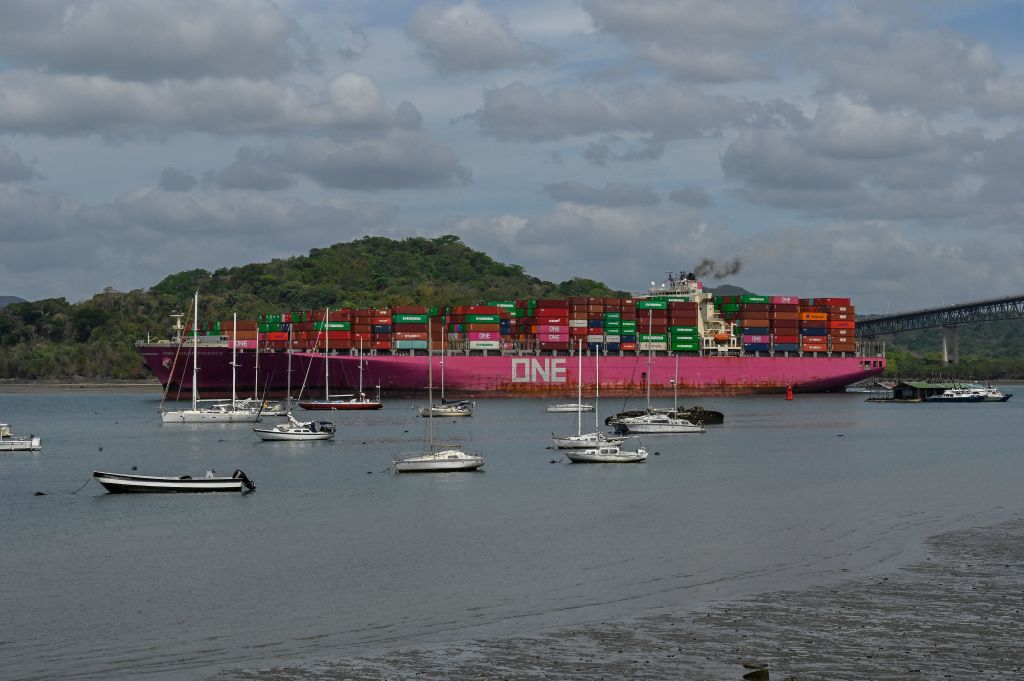Paris Climate Summit: A New Global Financing Pact Takes Shape

July 7, 2023
A failure? More a disappointment, and rich nations are at least starting
to recognise a growing legitimacy deficit across the Global South.
France held the Paris Summit for a New Global Financing Pact last month, and, as with many climate summits, one can be forgiven for being disappointed with the outcome. Despite the lofty rhetoric and build up from host French President Emmanuel Macron and other Western leaders, the Paris meeting clearly fell far short of what is needed in the considerable climate financing needs of developing countries. Little by way of concrete new initiatives was announced.
But it was unrealistic to have expected too much. Yes, the developing countries of the Global South deserve much more. So do publics in Western countries, given the common interest in preserving the planet, global stability, and a sense of international justice. But we must also look for realistic ways forward and gauge things accordingly.
The goal of the Paris Summit was to move the world towards a new global financing architecture that can meet the twin challenges of climate and development – and explicitly connecting the two. Western governments have got away for too long with making (modest) climate finance pledges while quietly simply double counting funds from existing foreign aid budgets (Australia is among the guilty). A core message from Paris was that this cannot continue.
The summit was co-hosted by Barbados Prime Minister Mia Mottley, whose impassioned advocacy has driven the global debate. And it is worth recognising the scale of what is required. The best estimates suggest that spending on climate change in the Global South (not including China) needs to triple, to about US$2.4 trillion a year by 2030. Some is to help with climate adaptation and damages, but the largest share is to finance the clean energy transition in emerging economies such as India, Indonesia, and Brazil – progress without which the world cannot hope to limit dangerous global warming. Around US$1 trillion needs to come from external sources – i.e. rich country governments, multilateral financial institutions, and private investors. The rest, it is hoped, can come from domestic governments and investors in developing countries themselves.
Western governments have got away for too long with making (modest) climate finance pledges while quietly simply double counting funds from existing foreign aid budgets.
On top of this, however, another US$1.2 trillion each year is needed beyond existing development funding for other urgent priorities, including in education, health, reducing poverty, and dealing with excessive debt – all of which have been dramatically worsened by the multiple recent shocks of the pandemic, Ukraine crisis, and high world interest rates.
These are hardly precise estimates. But the point is they are very large compared to what is currently provided. The US$1 trillion a year requirement might be a small fraction of the collective GDP of rich countries or the amounts sloshing around in global capital markets. In that sense, it is a fundamentally surmountable financial task. Nonetheless, it represents a substantial political and technical one. It will for instance require quintupling the US$200 billion that currently flows to developing countries in climate finance from both official and private sources. And spending it well.

There were at least signs in Paris that Western leaders are finally becoming more realistic, recognising the need for far greater public money rather than merely hoping that a small amount of public funds can magically “de-risk” vast new sums of private investment. Multilateral development banks such as the World Bank are now being asked to mobilise a dollar of private investment for every dollar of public money they invest. Given the experience to date, this is an ambition that is at least within reach, as opposed to the promises of “billions-to-trillions” characteristic of past summits.
Developing countries hit by disasters will now also be able to temporarily press pause on debt servicing payments for new loans from the World Bank and several donor governments. Other official and private lenders will be pushed to follow suit. It is a seemingly small change, but one that could meaningfully bolster the resilience of the most climate vulnerable countries, if more creditors sign up.
Building a new global financing pact that takes the climate and development concerns of poorer countries far more seriously is the need of the hour.
Also notable is the announcement of a US$2.5 billion public-private Just Energy Transition Partnership (JETP) deal for Senegal. JETPs are a promising new approach for mobilising climate finance but previously seemed only intended for big-emitting and strategically important emerging economies – with South Africa, Indonesia, and Vietnam the recipients of large packages to date, and India and Philippines perhaps next. The JETP for Senegal, a country of 17 million people responsible for just 0.07% of world carbon emissions, suggests such country-specific financing packages could become more common.
One other interesting, but limited, outcome was support from more than 20 countries for an emissions-based levy on international shipping which could potentially raise tens of billions in funds for poorer countries. The immediate prospects for this are still doubtful. But putting international taxes firmly on the agenda is an important step.
The Paris summit also finally delivered (or almost) on two legacy promises – one for rich countries to provide at least US$100 billion a year in climate finance and another to “recycle” US$100 billion in Special Drawing Rights (a type of official reserve asset) to poorer countries. There is still some uncertainty if these promises will be fully met. But it should hopefully be close and, if so, would remove two key obstacles that have greatly undermined Western legitimacy in global climate discussions.
Indeed, with Western nations focused on their own domestic problems, the Ukraine crisis, and geostrategic tensions with China, perhaps the most important aspect of the Paris summit was recognition of the need to address the West’s growing legitimacy deficit across the Global South. Building a new global financing pact that takes the climate and development concerns of poorer countries far more seriously is the need of the hour.
The Paris Summit did not deliver this. But it might hopefully mark some kind of beginning.
Learn more